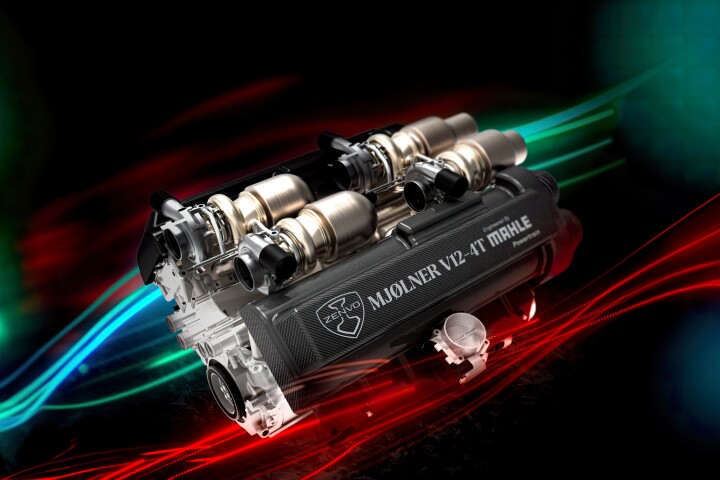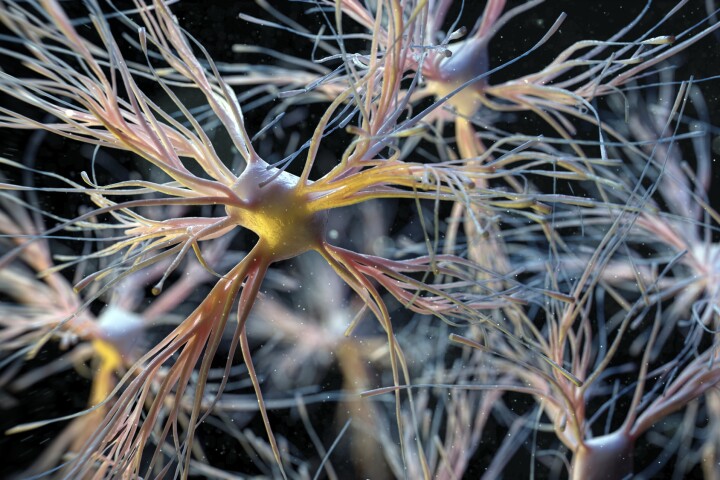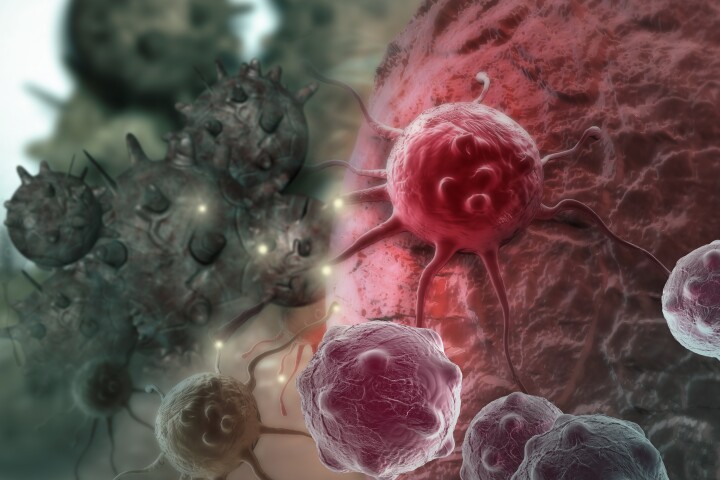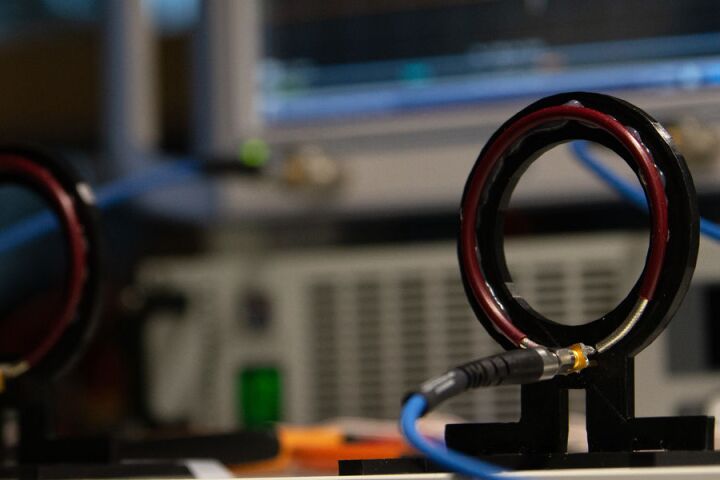Korean red ginseng (KRG) has been used as an overall tonic in herbal folk medicine for over 2,000 years. In more recent scientific studies, the root has shown promise in fighting heart disease; boosting the efficacy of anticancer drugs in eliminating tumors; delivering cognitive benefits to patients with Alzheimer’s disease; and slowing memory decline in older mice. Studies have also shown that it can be helpful in terms of lowering the symptoms of withdrawal from some drugs and in combating addiction to methamphetamine.
Intrigued by the cognitive and anti-addiction benefits KRG has exhibited, researchers at Sahmyook University (SU) in Korea decided to test the substance’s effect on alcohol consumption.
Working with mice that had been given alcohol and then treated with KRG, the team ran a series of behavioral tests. To look at the way in which the rodent’s spatial memory was affected, they measured the rodents’ activity in a series of mazes. To gauge the way in which the mice handled withdrawal from alcohol both with and without KRG, they examined their performance on “conditioned place preference tests,” a Pavlovian modality that links a certain object or experience to a pleasure trigger, like a food reward.
The tests revealed that the mice who had been given alcohol and then KRG retained more of their spatial memory and showed more resilience when the alcohol was removed.
‘We observed that spatial working memory was restored in KRG-treated mice exposed to alcohol,” said lead researcher Mikyung Kim, from SU’s Uimyung Research Institute for Neuroscience. “Moreover, we also noted that mice treated with KRG and alcohol had reduced withdrawal symptoms. The crucial finding here is that a higher dose of KRG led to greater improvement.”
To find out how the KRG helped the mice deal with alcohol, the team removed tissue from the hippocampus regions of the rodents’ brains, a region linked to memory and learning. In doing so, they discovered that KRG had a dual effect. First it suppressed the PKA-CREB signaling pathway, a communication system between neurons that is typically activated when alcohol is consumed. Second, it hampered the release of inflammatory compounds known as cytokines in the tissue. Cytokines are implicated in neuroinflammation, which is a symptom of alcohol use disorder (AUD); it is theorized that the compounds may be a contributing factor in creating alcohol withdrawal symptoms.
“In conclusion, KRG may alleviate spatial working memory impairments and addictive responses, such as withdrawal symptoms induced by repeated alcohol exposure, through anti-neuroinflammation activity,” write the researchers in a paper detailing the finding, which has been published in the Journal of Ginseng Research. They hope their research will open new pathways to study and treat alcohol dependence in humans using ginseng root.
Source: Sahmyook University via EurekAlert
–

























